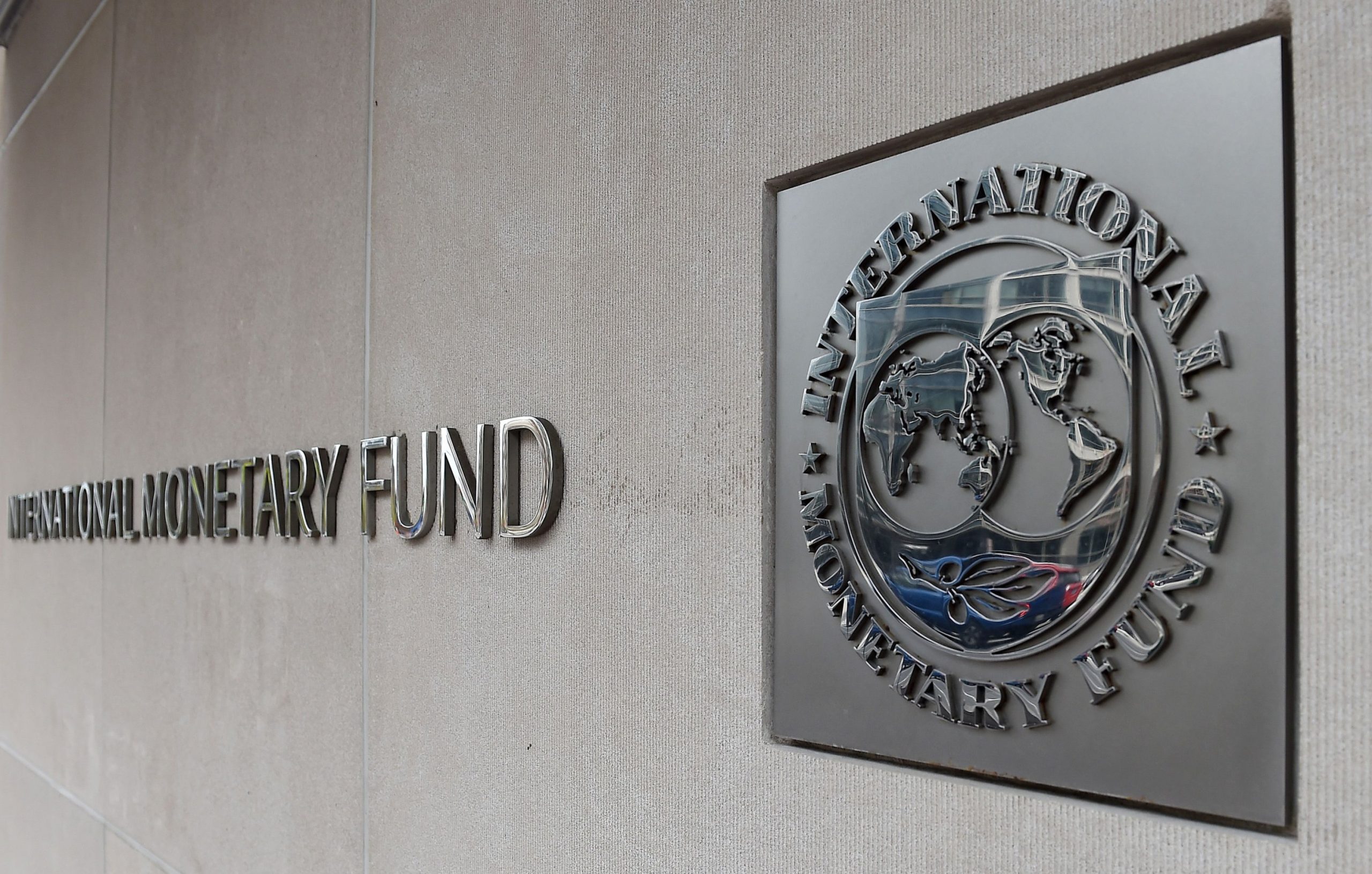Latest News
Top Story
 OK Zimbabwe posts US$17,8 million loss
OK Zimbabwe posts US$17,8 million loss Troubled retail giant OK Zimbabwe has reported a US$17.8 million loss for the half-year period ended September 30, 2025,...
Top Story
 Hichilema meets Chivayo
Hichilema meets Chivayo Controversial Zimbabwean businessman Wicknell Chivayo on Thursday held a meeting with Zambian President Hakainde Hichile...
Top Story
 Millions celebrate Diwali festival in India
Millions celebrate Diwali festival in India MILLIONS of Indians are celebrating Diwali, the festival of lights, one of Hinduism's most significant and widely obser...
Top Story
 Econet Zimbabwe to delist from ZSE
Econet Zimbabwe to delist from ZSE Econet Wireless Zimbabwe Ltd. will voluntarily delist from the Zimbabwe Stock Exchange, citing a persistent valuation di...
Top Story
 Gold edges up as traders await guidance
Gold edges up as traders await guidance Gold edged higher as traders weighed the outlook for US monetary policy ahead of a key speech by Federal Reserve Chair J...
Top Story
 Mnangagwa fires Chitando, appoints Polite Kambamura
Mnangagwa fires Chitando, appoints Polite Kambamura President Emmerson Dambudzo Mnangagwa has relieved Winston Chitando of his Cabinet duties and immediately appointed Poli...
Top Story
 Young Investment Professional (YIP) Graduate Programme 2019
Young Investment Professional (YIP) Graduate Programme 2019 Company Name Investec Asset Management Company Location Cape Town, Western Cape, South Africa Click HEREJob descriptionO...












 Young Investment Professional (YIP) Graduate Programme 2019
Young Investment Professional (YIP) Graduate Programme 2019
Editor's Pick